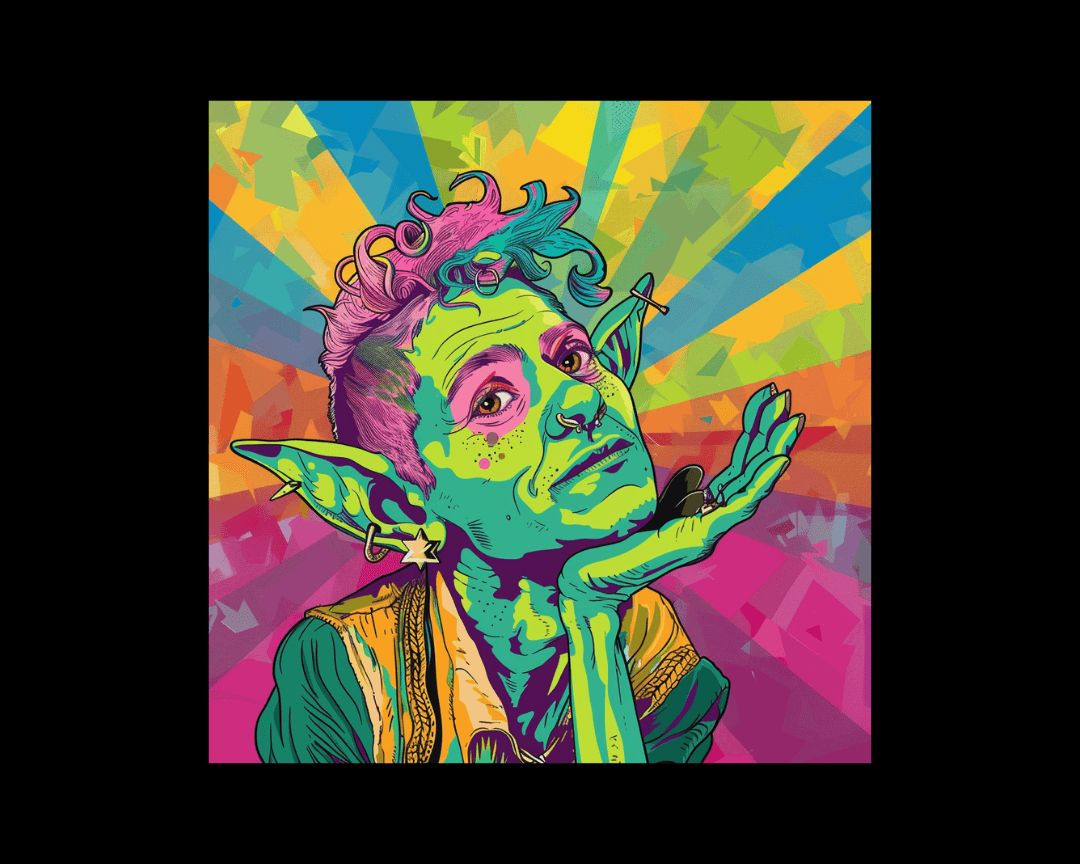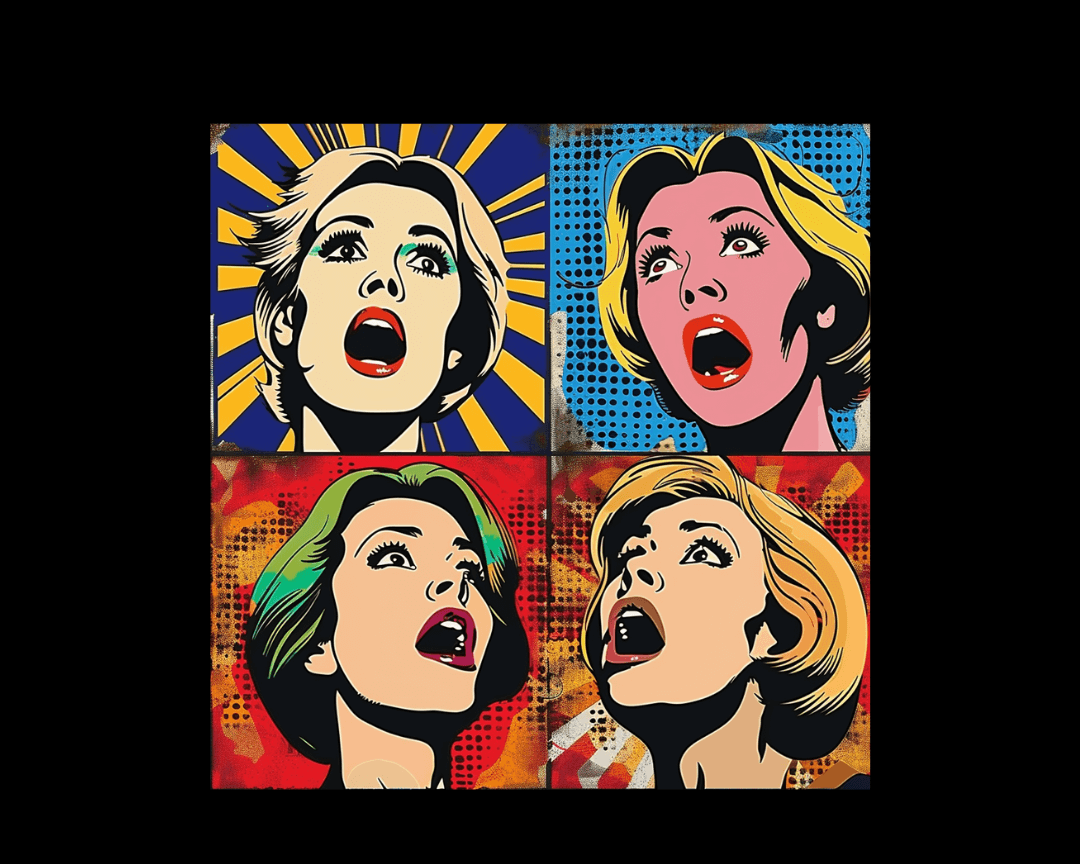Laughter and Magic: Top Tips to Write Humorous Urban Fantasy
Urban fantasy seamlessly blends the mundane and the extraordinary in the ever-evolving tapestry of speculative fiction. It invites readers to embark...
2 min read
 Writing Team
:
Aug 25, 2023 11:26:19 AM
Writing Team
:
Aug 25, 2023 11:26:19 AM
.png)
Human imagination is a powerful tool that allows us to conjure up vivid images, emotions, and sensations.
Just as an artist wields a brush to paint on canvas, writers employ words to create intricate and immersive worlds within the minds of their readers.
This remarkable ability to craft inkscapes of the mind is especially evident when writers endeavor to depict dreams and memories through language. In this exploration, we think through the art of painting dreams and memories with words, capturing the ethereal essence of experiences that transcend reality.
Dreams are the canvases of our subconscious minds, where reality intertwines with the surreal, giving life to the unimaginable. Translating these ephemeral visions into words is a challenge that writers have embraced for centuries. Through careful selection of imagery, language, and metaphors, writers can capture the elusive nature of dreams.
In writing about dreams, the play of words takes center stage. Descriptive language becomes a palette of colors, while sentences are brushstrokes that form intricate landscapes.
By harnessing the chaotic nature of dreams and distilling them into coherent narratives, writers allow readers to explore uncharted territories of the mind. Writers like Haruki Murakami in "Kafka on the Shore" and Gabriel Garcia Marquez in "One Hundred Years of Solitude" have perfected the art of translating the dream world into the written word, invoking a sense of wonder that mirrors the strangeness and beauty of dreams themselves.
Memories, much like dreams, hold a special place in the human psyche. They are fragments of our past, woven together to form the tapestry of our lives. Writing about memories requires a delicate balance between nostalgia and objectivity. By summoning sensory details, emotions, and introspection, writers can resurrect the past and imbue it with life.
Incorporating memories into writing is akin to weaving a spell. Through meticulous word choices, writers can evoke the scent of a grandmother's kitchen, the laughter of childhood friends, or the bittersweet ache of a lost love.
By intertwining personal recollections with universal themes, authors create bridges that connect readers to their own memories and emotions. Marcel Proust's monumental work "In Search of Lost Time" stands as a testament to the potency of memories in literature, as he intricately examines the interplay between time, perception, and remembrance.
The challenge of translating dreams and memories into words lies in capturing the ineffable. Language is, by nature, a structured system meant to convey concrete ideas, but dreams and memories often reside in the realm of abstraction. Writers, therefore, must transform these intangible concepts into imaginative narratives that resonate with readers.
Metaphors, similes, and symbolism become tools to bridge this gap between the abstract and the concrete. Through inventive comparisons, writers can liken a dream to a butterfly fluttering through the mind or a memory to a fading photograph in an old album. These linguistic devices breathe life into the intangible, making it accessible to readers who can then immerse themselves in the inkscapes painted by words.
Inkscapes of the mind, created through the artful use of language, allow writers to share dreams and memories in ways that resonate deeply with readers. By harnessing the power of words, authors transport us to realms where reality blurs with imagination, where the past and present converge, and where the fleeting nature of dreams and memories is captured in the permanence of written expression. As readers, we become co-creators, painting the canvas of our minds with the hues of the writer's prose.

Urban fantasy seamlessly blends the mundane and the extraordinary in the ever-evolving tapestry of speculative fiction. It invites readers to embark...

In fiction writing, the art of keeping readers engaged is a delicate dance. Unwanted exits and narrative shifts are pivotal in shaping the reader's...
.png)
Metaphors are the spices of language, enriching our communication by infusing it with vivid imagery and underlying meanings.